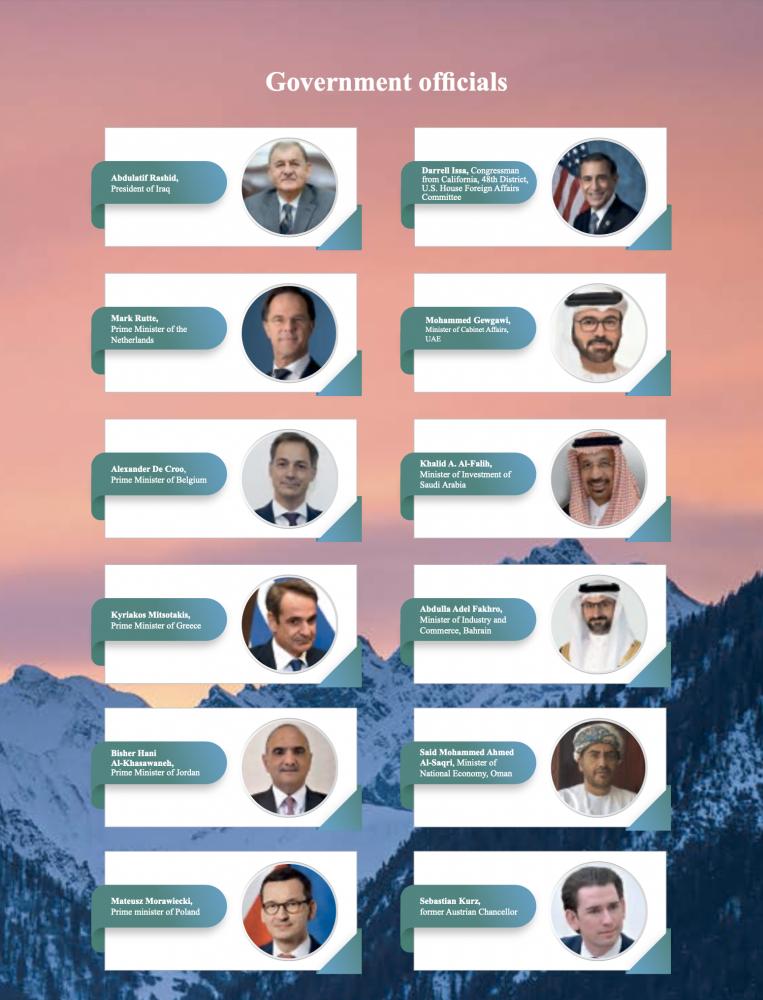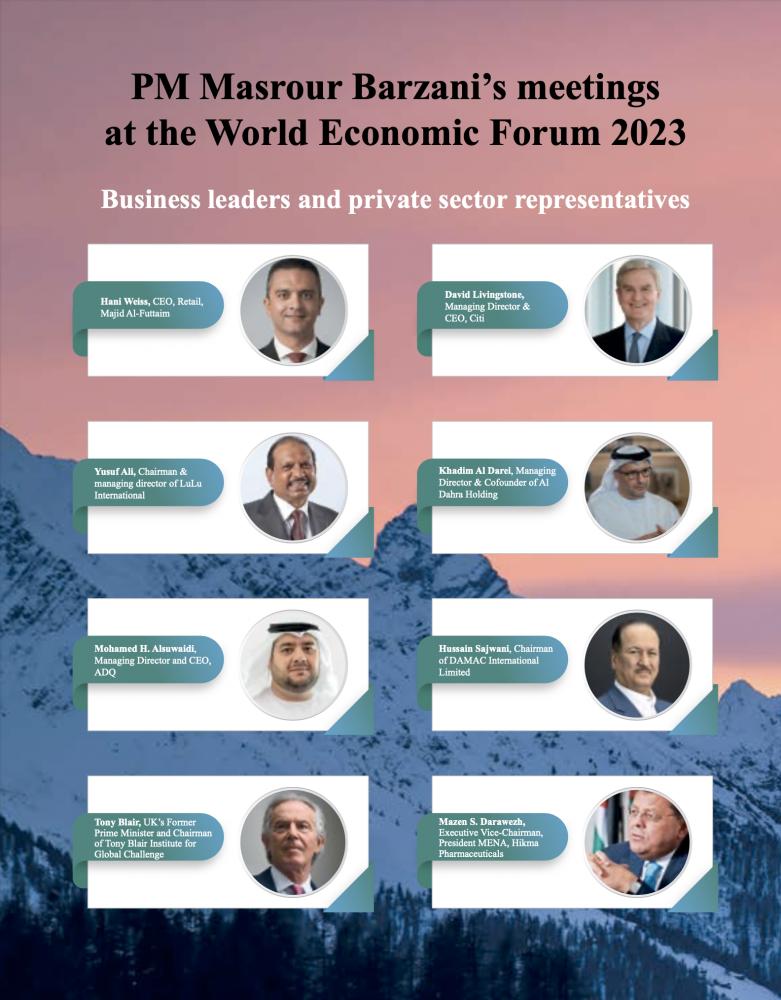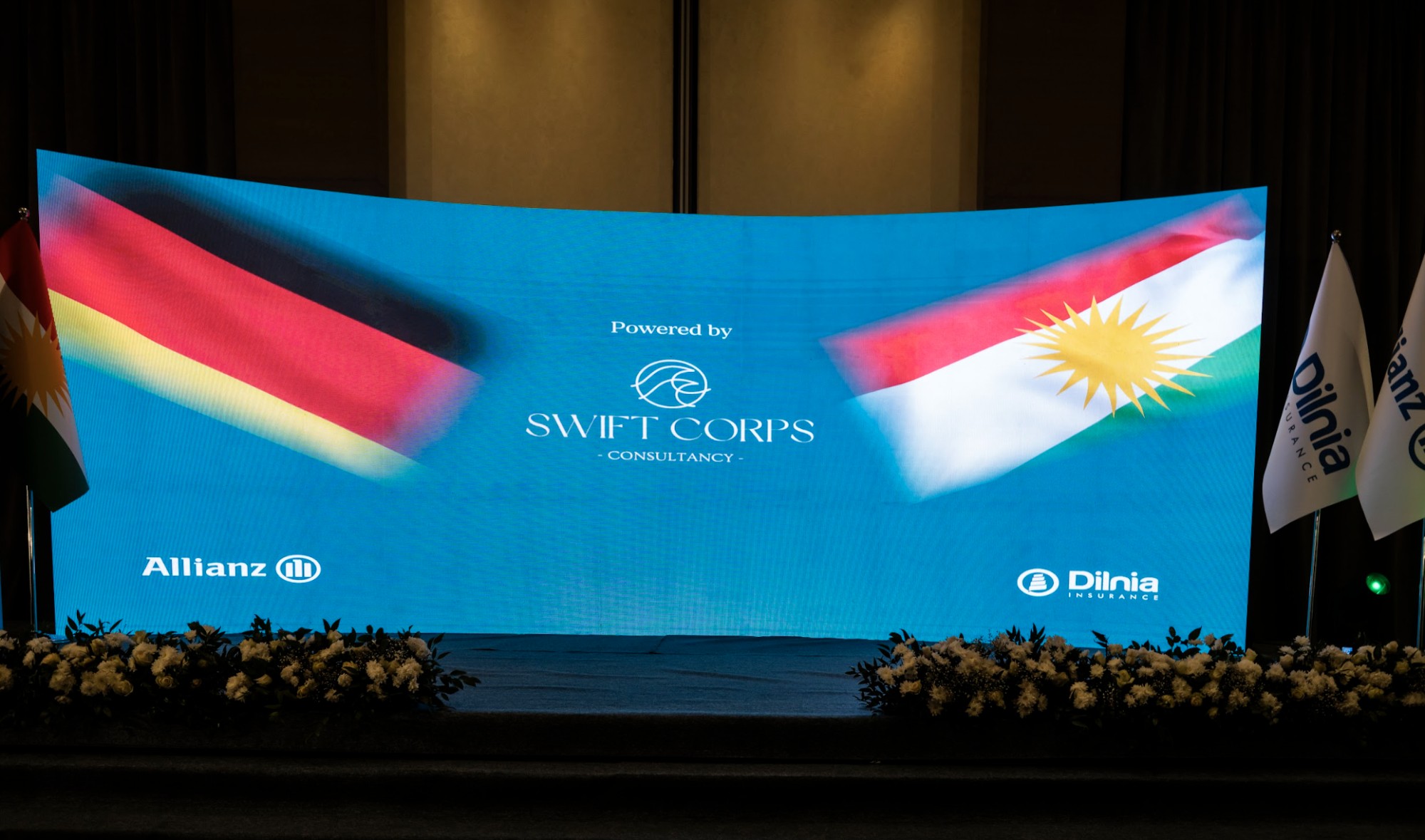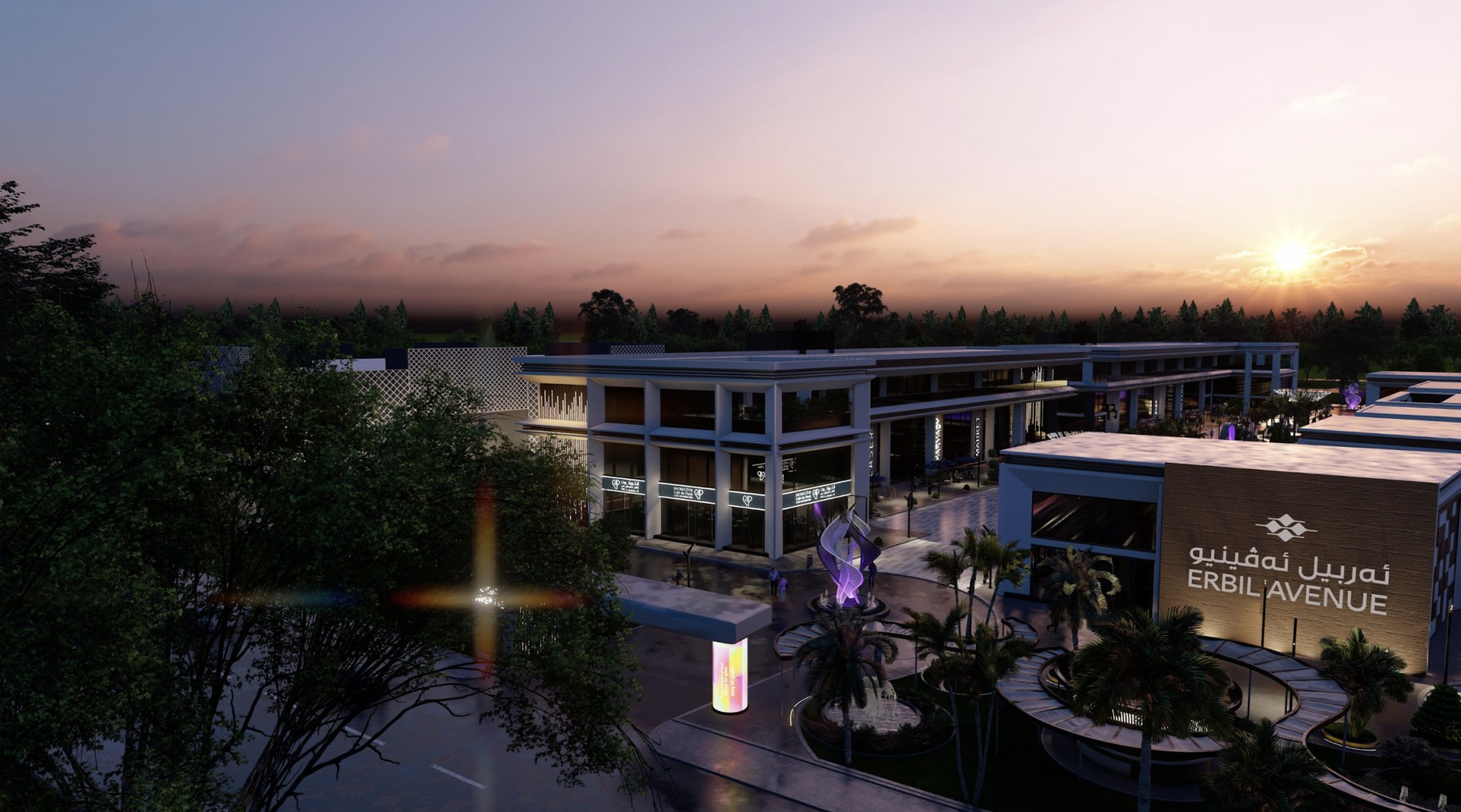During four days at Davos from January 16-20, Prime Minister of the Kurdistan Regional Government (KRG) Masrour Barzani met with several world leaders and delegations, stressing the need for developing bilateral relations, especially in the fields of economy, agriculture and investment, between the Kurdistan Region and other partners in the Middle East, Europe and beyond.
Such relations dovetail with the agenda of the KRG’s ninth cabinet, which is centered around diversifying the Kurdistan Region’s revenue sources, digitalizing government functions and agricultural policies and assisting domestic and foreign investors in the region across all sectors.
Importance of Davos
Since 1988, the annual gathering of world leaders at the Swiss ski resort of Davos has served as an international platform to discuss significant issues that affect the global economy, politics, education, and social and environmental concerns.
For many years, the Kurdistan Region has leveraged Davos to articulate its growing contribution towards creating a more secure world through providing humanitarian aid and promoting peacebuilding in conflict-ridden areas.
Its presence at Davos was especially noteworthy given its turbulent recent history. Nevertheless, the region continues to grow as a key player in international politics through diplomatic engagement and its robust regional ties.
In addition to the KRG’s diplomatic outreach, which seeks to build new allies for Kurdistan abroad, several domestic reforms are being implemented that aim to improve healthcare services and increase access to education from primary school to university and vocational students.
Global challenges
The 2023 World Economic Forum (WEF) was therefore an opportunity for global leaders to convene to discuss how to tackle the world’s many pressing issues, including a prolonged Russia-Ukraine war that is causing food and energy insecurity around the globe. It also provided a platform for non-state actors such as the Kurdistan Region, who are often overlooked in international initiatives, to make their voices heard.
The WEF proposed several ways of increasing international cooperation, including creating more efficient trading systems that would reduce tariffs on cross border goods, which would give countries access to resources that were previously unavailable or too expensive due to high taxes imposed by governments. Furthermore, world leaders advocated for increased investment in renewable energy sources, such as solar power, which could provide sustainable electricity without relying heavily on fossil fuels or nuclear power plants – both of which have caused significant environmental damage over recent years.
Ultimately it is clear that although there are still major challenges facing our planet, with organizations like WEF providing an inclusive platform where all stakeholders can be represented, real progress can be made in tackling these issues head-on – something the Kurdistan Region is keenly aware of given its own experiences dealing with conflict and economic hardship.

Kurdistan’s contribution
The Kurdistan Region of Iraq, known as one of the safest and most democratic places in the tough neighborhood of the Middle East, has played a remarkable role in addressing global concerns over the past two decades. One example was their spearheading the effort to defeat ISIS from 2014-2017. The Kurds displayed great resilience and courage during this period and eventually defeated ISIS.
The Kurdistan Region also stands out for its commitment to democracy despite facing numerous challenges since 2003, when it gained autonomy within Iraq’s federal framework following Saddam Hussein's downfall. Since then, the region has been a source of stability and economic prosperity in Iraq and across the Middle East.
The United Nations Security Council Resolution 688 adopted on April 5, 1991 to establish an Iraqi no-fly zone to protect humanitarian operations in Kurdistan, laid the basis for Kurdish autonomy. The region has since held several successful democratic elections with high voter turnout that saw different political parties peacefully taking part in government – something rarely seen in other parts of the Middle East.
Meanwhile, the KRG has taken positive steps towards economic development by investing heavily in infrastructure projects including airports and roads, reforming the peshmerga, establishing world-class universities, and strengthening public institutions, all to improve living standards while attracting foreign investment.
Addressing food security
According to official press releases, the Kurdistan Region’s growing capacity in the agriculture sector topped Prime Minister Barzani’s agenda in every meeting. Since taking office in mid-2019, the premier has been working hard to develop agriculture at home and find markets abroad.
Following meetings with business leaders on the sidelines of the WEF, Barzani wrote: “In less than nine months, we helped put fresh Kurdistani produce into supermarkets across four Gulf states. I'm determined to consolidate our new trade routes … We’ve forged strong ties with the Gulf. We’re addressing their food-security needs, creating opportunities in fintech and exploring synergies in banking.”
Another agenda in Barzani’s meetings was attracting foreign investments and inviting international agri-tech companies to join the flourishing market in Kurdistan. His goal is to expand the region’s export routes and transform Kurdistan into a secure food basket for Iraq, the Gulf countries, Europe, and beyond.
Prime Minister Barzani’s presence at Davos shows how far Kurdish international representation has evolved in recent years. Barzani’s ambitious plans combined with his bold actions make him an inspiring figure in Kurdistan, Iraq and the Middle East, not least because his goal is to improve lives back home and make sure their voices are heard by global powers.

Bolstering regional and international diplomacy
In freezing temperatures and snow-covered grounds of Davos, warm receptions were organized for the Kurdish representatives. Prime Minister Barzani took part in several discussions with international interests and held dozens of meetings with political and business leaders from around the world during his four-day stay, provided an opportunity to build bilateral relations between Kurdistan Region officials, international politicians, entrepreneurs and investors alike.
His meetings centered on how to further develop economic ties between the Kurdistan Region with other countries across the Middle East, Europe and the world. Discussions also focused on how these countries could collaborate to promote stability within Iraq while supporting each other’s development goals through investments in infrastructure projects and joint ventures that would benefit all parties.
In an interview with Reuters, Barzani revealed that arrangements between Erbil and Baghdad are underway to reach a concrete agreement on their remaining unsolved issues. Meanwhile, according to the prime minister, Baghdad has agreed to freeze Iraqi Supreme Federal Court’s previous rulings that had deemed the legal foundations of the Kurdistan region’s oil and gas sector unconstitutional.
“What we have agreed is that all those pressures on the KRG will be halted and stopped for the moment, and we will wait until we have the hydrocarbon law,” Barzani was quoted, noting that until the agreement is reached, Erbil and Baghdad would cooperate in oilfield management, oil sales, and revenue-sharing.
Altogether, the WEF demonstrated Erbil’s determination to secure a firm foothold in regional and international diplomacy.
Barzani left Davos feeling optimistic about the future after having established strong connections with many influential global figures, who expressed their willingness to invest in Kurdistan and nurture a more prosperous region in the Middle East. Upon his departure, he tweeted: “Thank you for another productive forum #wef23. We’ll report our progress next year.”
Dr. Nahro Zagros is the Editor-in-Chief of Kurdistan Chronicle and a senior fellow at Gold Institute for International Strategy in Washington D.C.

